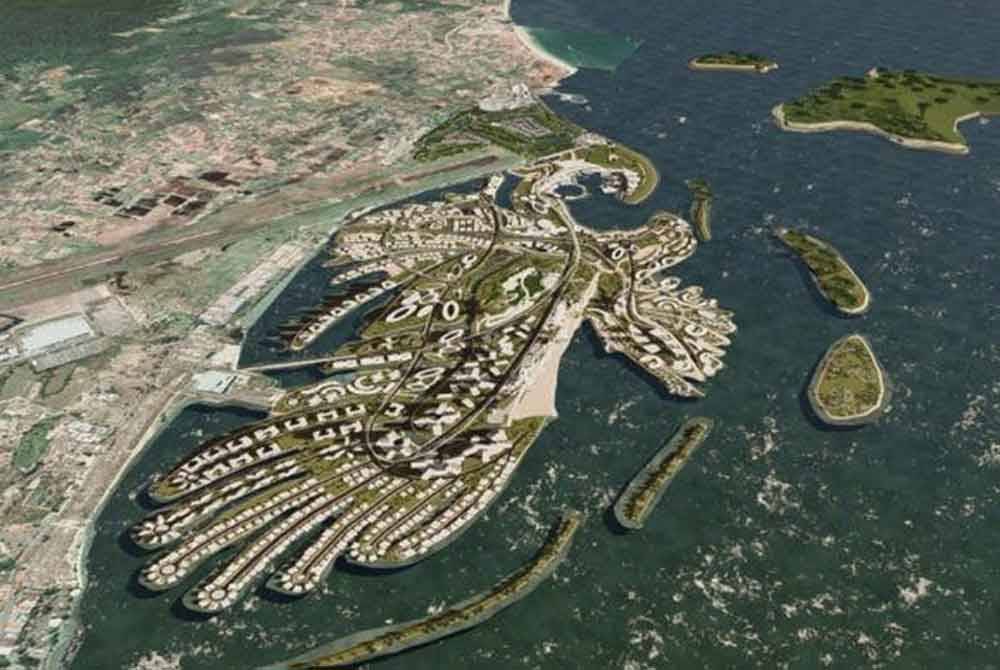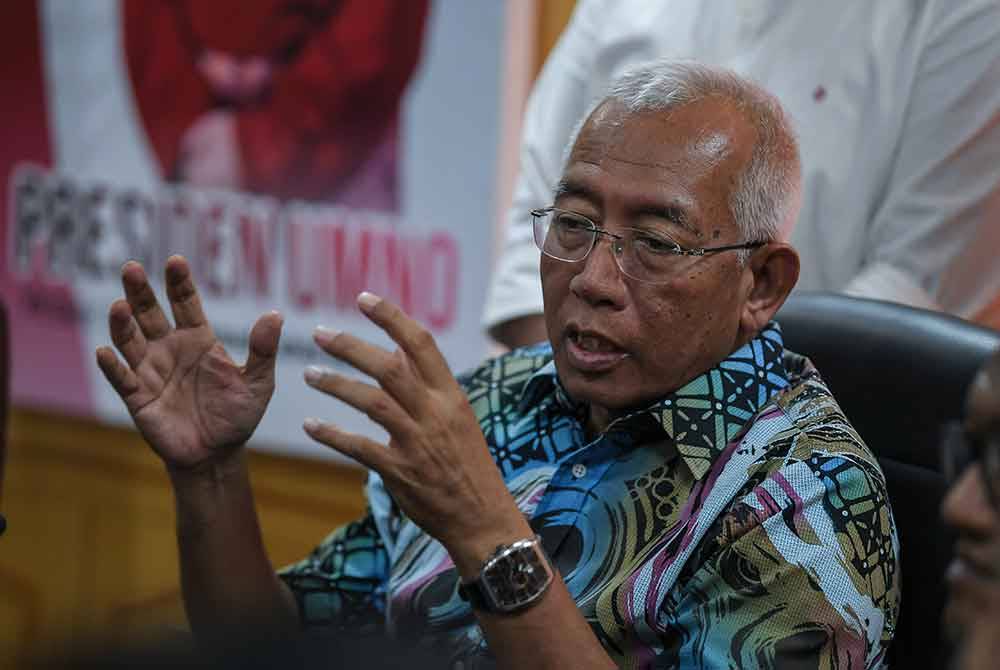Who’s to blame for BZI’s Kedah withdrawal?
Kedah’s economic future: A tug-of-war between Federal and state

SHAH ALAM - The surge in foreign investments in Kedah's Kulim Hi-Tech Park is a clear testament to the Madani Government's unwavering support for the state's economic growth.
According to Kedah Barisan Nasional (BN) Chairman Datuk Seri Mahdzir Khalid, the announcement by Hyundai Motor to establish its first factory in Kulim next year, with an investment worth RM2.16 billion, should have opened the eyes of Kedah Menteri Besar Datuk Seri Muhammad Sanusi Mohd Nor.
He emphasised that the Federal Government had never intended to sabotage the state’s foreign investment opportunities.
Mahdzir stated that the withdrawal of Bin Zayed International Group of Companies (BZI) from the Langkasuka project in Langkawi should be viewed in the context of business decisions, where the global investment conglomerate might have foreseen better opportunities, become more realistic, and identified larger potential elsewhere.
He further added that Sanusi should refrain from propagating distrust regarding the relationship between the federal and state governments.
He stressed that both parties would benefit if a state-level foreign investment project were successfully realized.
“In governing both the federal and state governments, there is no need for conflicts.

"Even if there are political differences, feelings of distrust must be set aside because the objective of attracting and facilitating foreign investment should be the priority,” he told Sinar on Tuesday.
Mahdzir did not believe the Federal Government had any intention to sabotage the Langkasuka investment merely because BZI decided to withdraw and relocate their investments to another state.
“I believe the Prime Minister Datuk Seri Anwar Ibrahim consistently supports any potential foreign investment in Kedah.
"The value of foreign investments in Kulim is increasing, so where is the evidence of sabotage?" the former lawmaker argued.
Last week, BZI confirmed its withdrawal from the RM40 billion Langkasuka project in Langkawi.
In 2021, Widad Business Group Sdn Bhd had formed a strategic partnership with BZI to assist in the development of the mixed-development project known as Widad@Langkasuka.
Sanusi said the state will not incur any losses following an international company’s decision to pull out of the RM40 billion reclamation project in Langkawi.
During Kedah state legislative assembly session, Sanusi revealed that certain parties had grand plans to thwart private investment in Kedah. Mahdzir, who is also a former Kedah Menteri Besar, emphasised that the failure of the Kedah government to offer creativity and efficient state management might have contributed to the withdrawal of foreign investors.
He added that Sanusi and the state government had failed to introduce any innovations to popularise local economic products, including Langkawi’s tourism products, at the international level.
“The main reason more tourists visit Thailand is due to their tourism promotions and product innovations, which are more ‘wow’ and have stronger appeal.
"I see no efforts by the Kedah government to develop tourism or economic products with an ‘X factor.’
"At the same time, they lack programmes or initiatives to promote state tourism products, including Langkawi’s, to an international audience.
"They cannot just rely on programmes organised by the federal government alone,” he said.
Meanwhile, Islamic Financial Consultant Dr Shahrul Azman Abd Razak stressed that any possible actions by the federal government to sabotage potential foreign investments at the state level would have been unwise. He explained that if the federal government had been willing to sabotage foreign investment opportunities secured by a state government, it would have harmed the country’s foreign direct investment (FDI) inflows and Gross Domestic Product (GDP) growth.
“In executing any mega project, foreign investors typically evaluate the competitiveness of the project, followed by aspects such as infrastructure facilities, political stability and government willingness, social acceptance by the local community, and the economic environment at the investment location. If there are claims of sabotage, I believe the most logical explanation would have been lobbying efforts by other parties to attract foreign investors to other locations,” he said.
“However, I am confident that a conglomerate as large as BZI would not have made decisions based on lobbying or political sentiments, but instead would have focused on business decisions guided by the competitiveness of the project or the economic conditions of the state,” he added.
Meanwhile, former Bersatu Supreme Council (MPT) member Dr Muhammad Faiz Na'aman questioned the failure of the state government (SG4) Group Sdn Bhd, established by four Opposition-led states to attract investments, in assisting the Kedah government to persuade BZI not to withdraw its investment.
He described that the establishment of the company, led by former two-time prime minister Tun Dr Mahathir Mohamad, should have assured foreign investors that the investment potential in opposition-led states was more attractive and competitive.
“For an investment as large as RM40 billion, the state government plays a crucial role in providing the site, infrastructure, location, and a conducive economic environment.
"Therefore, to claim that the loss of this RM40 billion investment was not the state government’s responsibility is an irresponsible statement, as such an investment value would have undoubtedly had significant economic implications for the people of Kedah,” he said.














